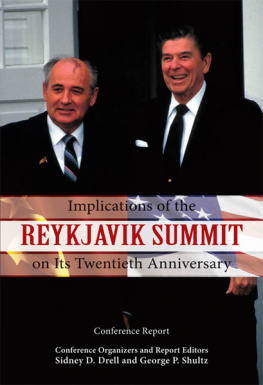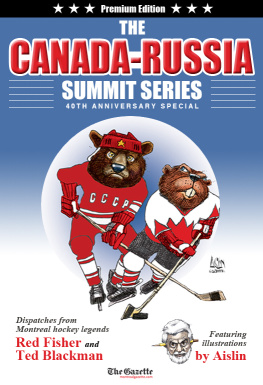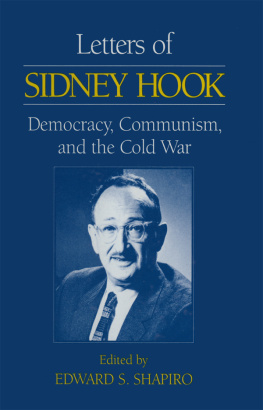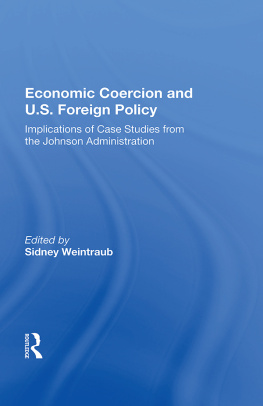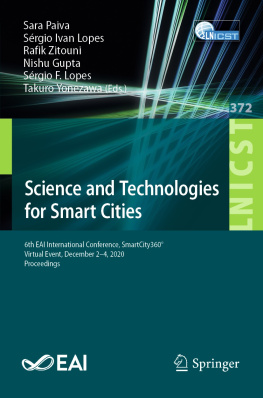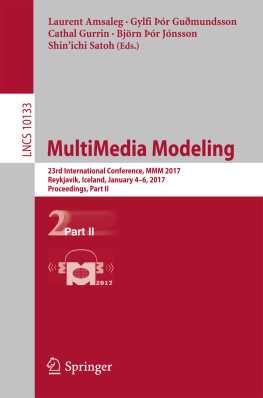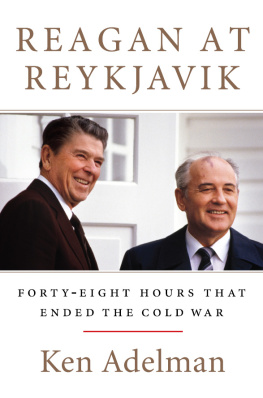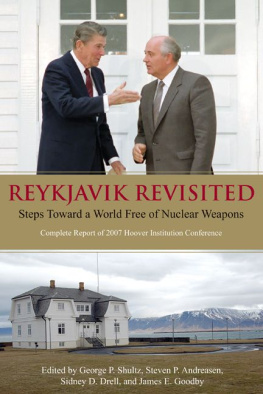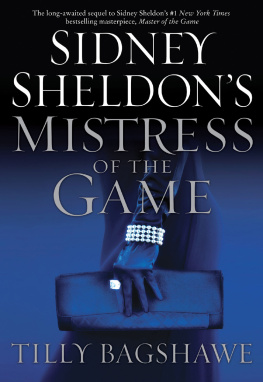Sidney D. Drell - Implications of the Reykjavik Summit on Its Twentieth Anniversary: Conference Report
Here you can read online Sidney D. Drell - Implications of the Reykjavik Summit on Its Twentieth Anniversary: Conference Report full text of the book (entire story) in english for free. Download pdf and epub, get meaning, cover and reviews about this ebook. year: 2007, publisher: Hoover Press, genre: Politics. Description of the work, (preface) as well as reviews are available. Best literature library LitArk.com created for fans of good reading and offers a wide selection of genres:
Romance novel
Science fiction
Adventure
Detective
Science
History
Home and family
Prose
Art
Politics
Computer
Non-fiction
Religion
Business
Children
Humor
Choose a favorite category and find really read worthwhile books. Enjoy immersion in the world of imagination, feel the emotions of the characters or learn something new for yourself, make an fascinating discovery.
- Book:Implications of the Reykjavik Summit on Its Twentieth Anniversary: Conference Report
- Author:
- Publisher:Hoover Press
- Genre:
- Year:2007
- Rating:4 / 5
- Favourites:Add to favourites
- Your mark:
- 80
- 1
- 2
- 3
- 4
- 5
Implications of the Reykjavik Summit on Its Twentieth Anniversary: Conference Report: summary, description and annotation
We offer to read an annotation, description, summary or preface (depends on what the author of the book "Implications of the Reykjavik Summit on Its Twentieth Anniversary: Conference Report" wrote himself). If you haven't found the necessary information about the book — write in the comments, we will try to find it.
Sidney D. Drell: author's other books
Who wrote Implications of the Reykjavik Summit on Its Twentieth Anniversary: Conference Report? Find out the surname, the name of the author of the book and a list of all author's works by series.
Implications of the Reykjavik Summit on Its Twentieth Anniversary: Conference Report — read online for free the complete book (whole text) full work
Below is the text of the book, divided by pages. System saving the place of the last page read, allows you to conveniently read the book "Implications of the Reykjavik Summit on Its Twentieth Anniversary: Conference Report" online for free, without having to search again every time where you left off. Put a bookmark, and you can go to the page where you finished reading at any time.
Font size:
Interval:
Bookmark:
THE HONORABLE ROBERT D. STUART JR.
Sidney D. Drell and George P. Shultz
Stanford University
Stanford, California
All rights reserved. No part of this publication may be reproduced, stored in a retrieval system, or transmitted in any form or by any means, electronic, mechanical, photocopying, recording, or otherwise, without written permission of the publisher.
14 13 12 11 10 09 08 07 9 8 7 6 5 4 3 2 1
Manufactured in the United States of America

Implications of the Reykjavik summit on its twentieth anniversary : conference report / conference organizers and report editors, Sidney D. Drell and George P. Shultz.
Conference held October 11-12, 2006 at the Hoover Institution, Stanford University.
Includes bibliographical references and index.
ISBN-13: 978-0-8179-4841-2 (cloth: alk. paper)
ISBN-13: 978-0-8179-4842-9 (pbk.: alk. paper)
JZ5675.I67 2007
Sidney D. Drell
William J. Perry,
Henry A. Kissinger,
and Sam Nunn
Font size:
Interval:
Bookmark:
Similar books «Implications of the Reykjavik Summit on Its Twentieth Anniversary: Conference Report»
Look at similar books to Implications of the Reykjavik Summit on Its Twentieth Anniversary: Conference Report. We have selected literature similar in name and meaning in the hope of providing readers with more options to find new, interesting, not yet read works.
Discussion, reviews of the book Implications of the Reykjavik Summit on Its Twentieth Anniversary: Conference Report and just readers' own opinions. Leave your comments, write what you think about the work, its meaning or the main characters. Specify what exactly you liked and what you didn't like, and why you think so.

